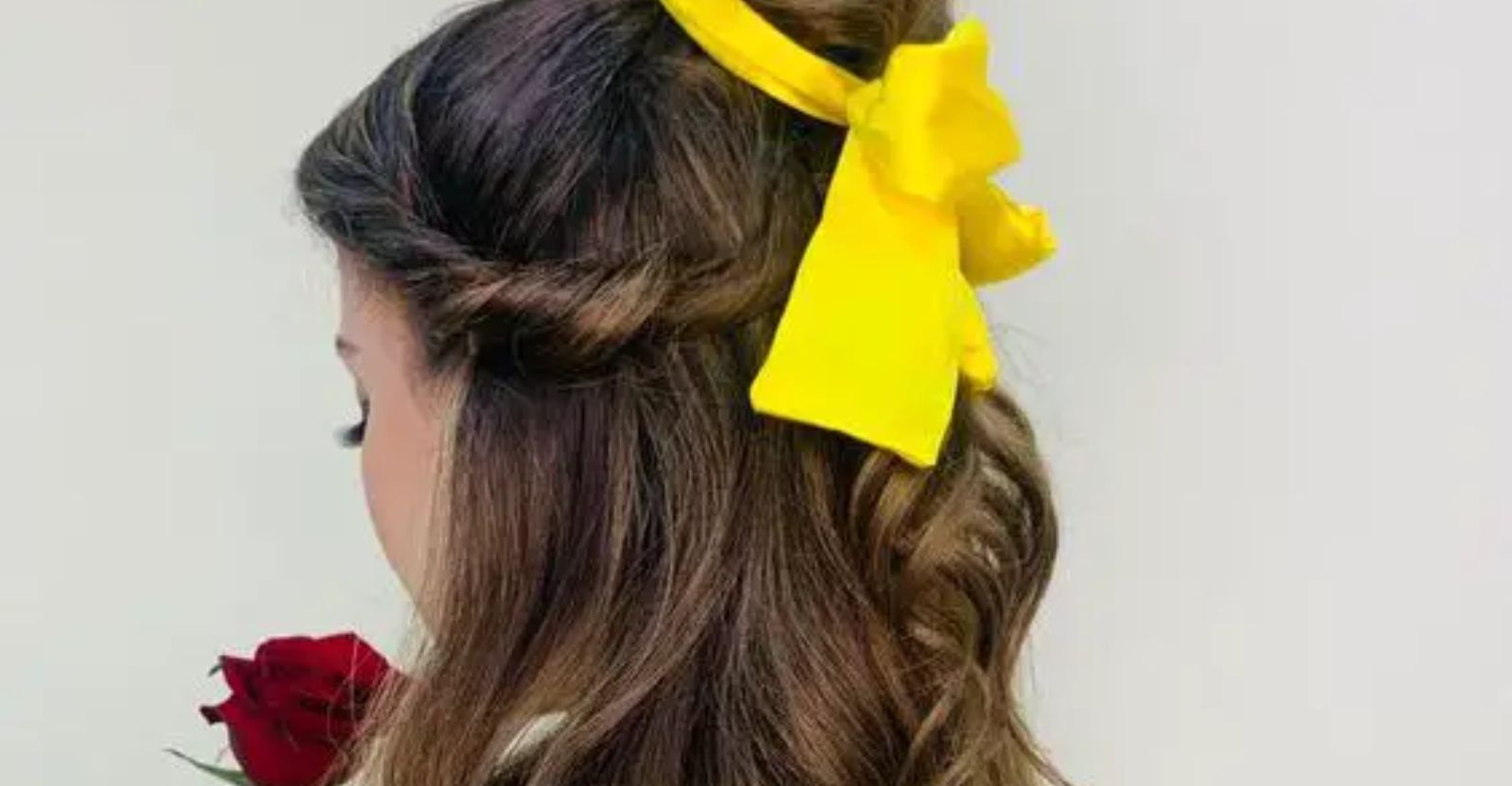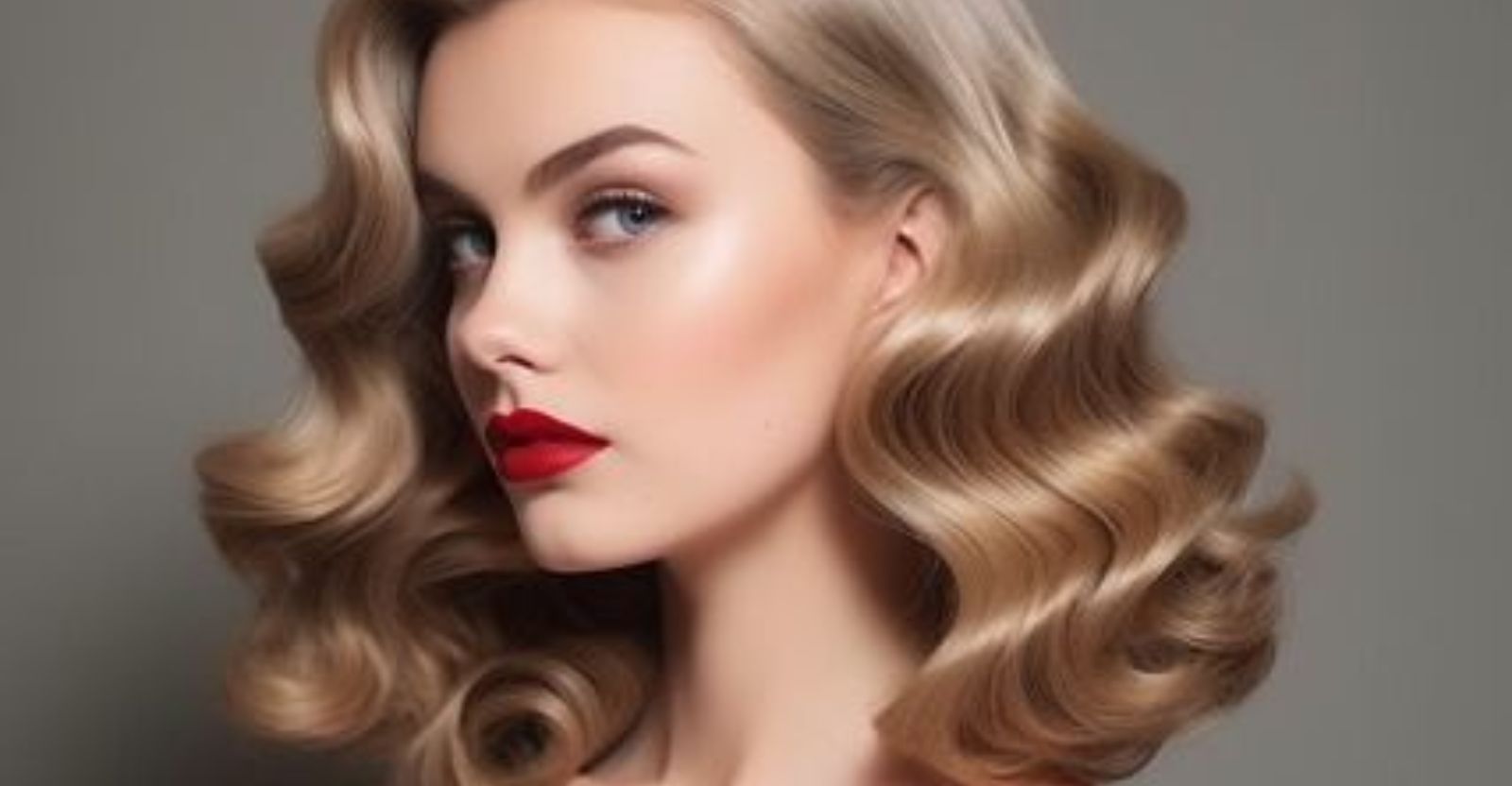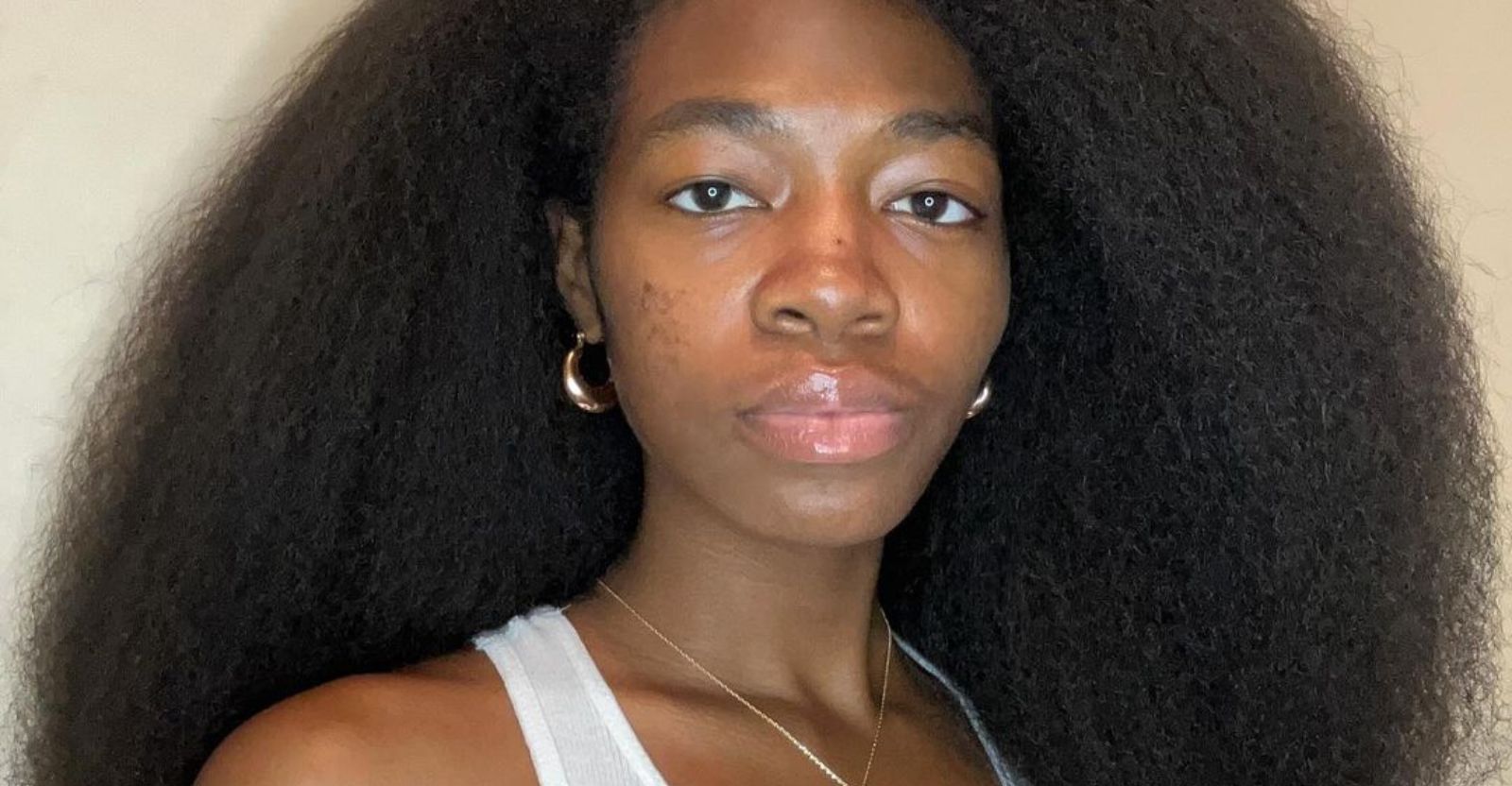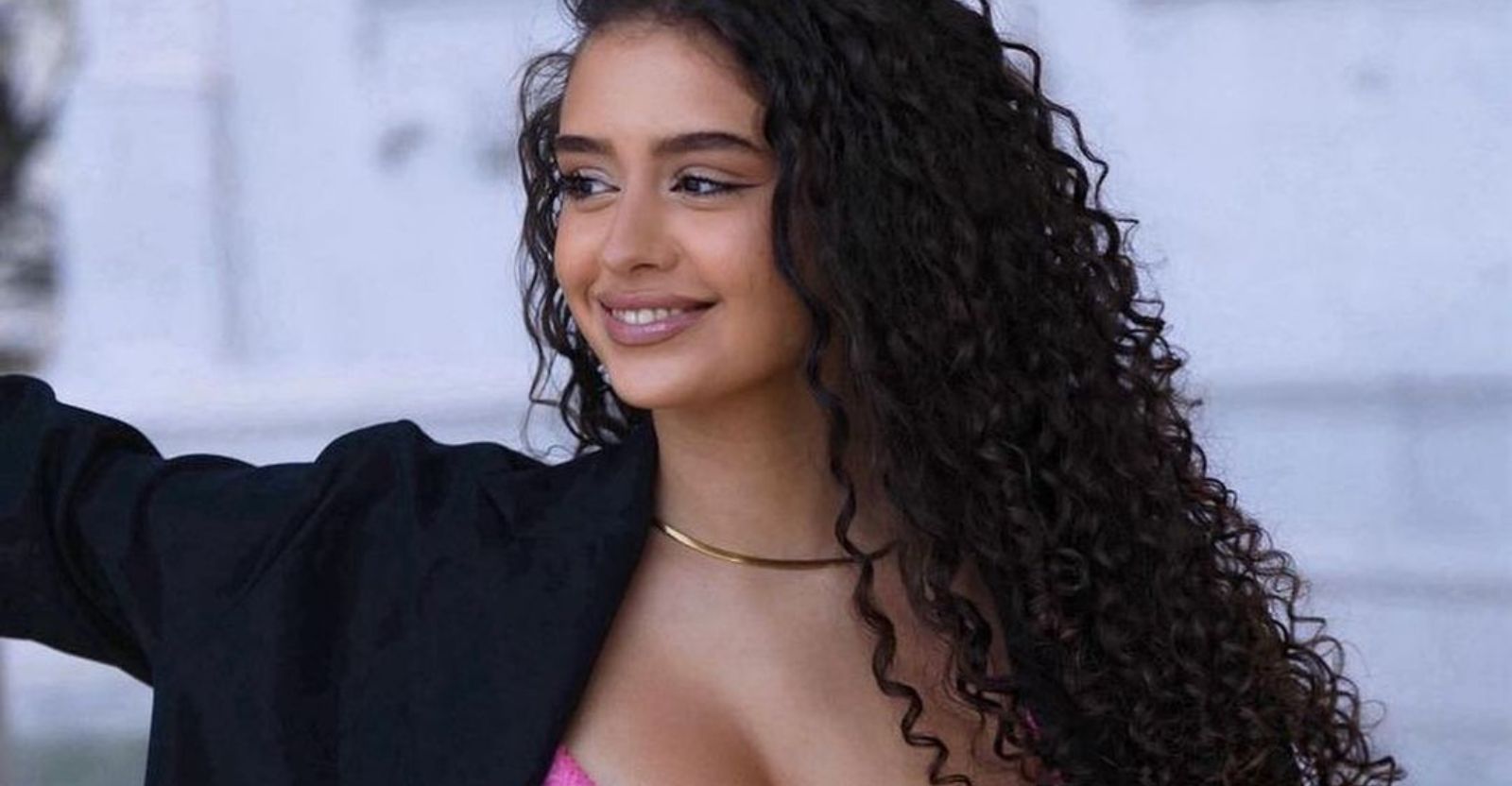How your hair ages over time?
written by Christina
Published on Oct 21, 2021
Aging is a natural process of our body and we cannot stop it. But we can ride with it and embrace aging gracefully. As early as our 20’s we have been using skincare products to preserve aging, and if not, just to slow it down. And a lot of women are successful in doing that. But we are forgetting one thing. This may be a surprise to you but our hair change with age. Yes, you heard it right! Even our glorious locks change as we grow older. The most common sign that our hair change with age is greying hair and thinning hair. These 2 signs are very common that we just let them be when they come. If grey hair persists, we colour our hair. If our hair thin down, we just buy anti-hair loss products with the hope of our hair coming back. But there is more to greying and thinning that we need to know about how aging affects your hair. And now you are asking why does hair changes over time? Well, we got just the right answer for you.
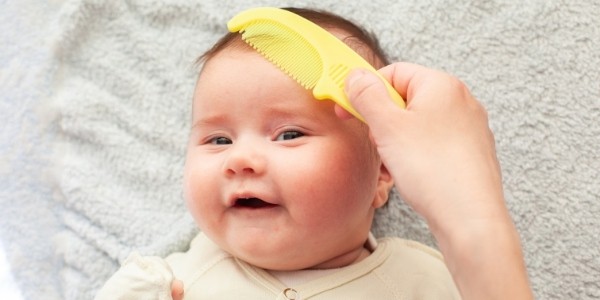 Most infants are born with very thin and soft hair strands. Some even don’t have any. But as years pass by, hair starts to grow and we see the changes. From thin and soft strands to full-on straight mane and even big curly hair. This is because as children grow, their hair follicles begin to thicken and have their own textures. Hair starts to take shape and get defined.
Most infants are born with very thin and soft hair strands. Some even don’t have any. But as years pass by, hair starts to grow and we see the changes. From thin and soft strands to full-on straight mane and even big curly hair. This is because as children grow, their hair follicles begin to thicken and have their own textures. Hair starts to take shape and get defined.
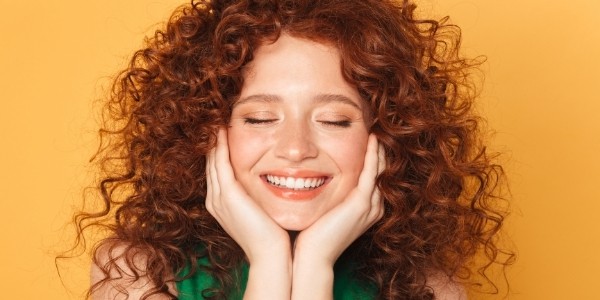 We all know that when we hit puberty, there are many changes that happen in our bodies. Hormonal changes, menstruation, body hair starts to appear, voices change and many other developments. We also develop muscles all over the body, even on our scalp. The muscle on our hair follicle also changes shape affecting our hair.
Our hair has main three phases: the anagen phase which is the hair growth period. This happens for about 2 to 8 years wherein the hair grows actively from the roots before it stops growing. Most of the hair that you see on your head is at this stage. The hair follicles continue to push out the hair that continues to grow until the end of its lifespan and it falls out. So if you are asking is it true that hair changes every 7 years? The answer is yes. For some, this phase of the cycle can only last for 5 years, depending on the health of the hair, genetics, age and other factors.
We all know that when we hit puberty, there are many changes that happen in our bodies. Hormonal changes, menstruation, body hair starts to appear, voices change and many other developments. We also develop muscles all over the body, even on our scalp. The muscle on our hair follicle also changes shape affecting our hair.
Our hair has main three phases: the anagen phase which is the hair growth period. This happens for about 2 to 8 years wherein the hair grows actively from the roots before it stops growing. Most of the hair that you see on your head is at this stage. The hair follicles continue to push out the hair that continues to grow until the end of its lifespan and it falls out. So if you are asking is it true that hair changes every 7 years? The answer is yes. For some, this phase of the cycle can only last for 5 years, depending on the health of the hair, genetics, age and other factors.
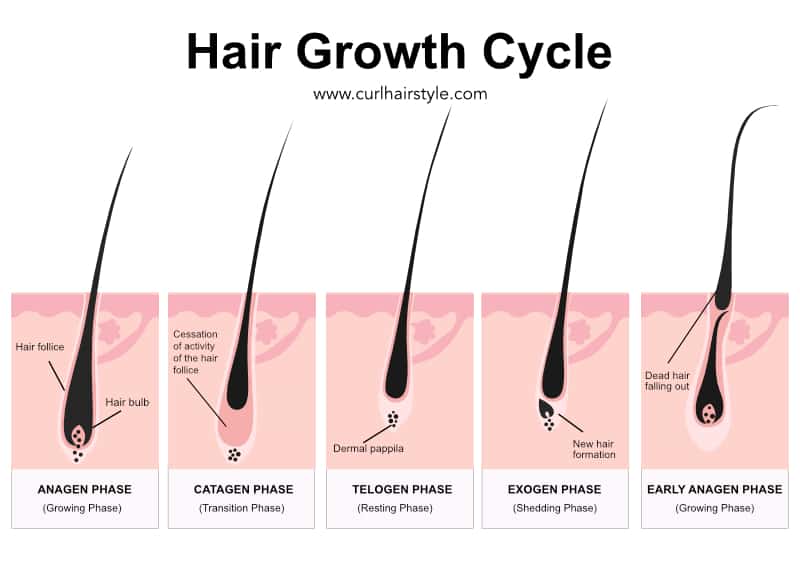 The second phase is the catagen phase or the transition phase. This happens for about 2 to 3 weeks wherein the hair stops growing. The hair detaches itself from the hair follicles and the supply of blood is also cut, meaning the hair is not growing anymore.
The third phase is the telogen or the resting period. This is when the detached hair rests into the roots while waiting for the newly growing hair beneath it to push it out. This happens for about 3 months.
This whole cycle gets repeated throughout our lifespan. But for some people at a certain age, some hair follicles do not produce new hair. This creates a bald spot which is a sign of hair loss. This is another effect of aging on our hair.
As we get older, grey hair starts to appear. This can start happening in our early 30’s, but commonly around the age of 40. During this age, our hair follicles stop producing melanin, which is responsible for the pigment of our hair. This is also the time when our hair gets coarser due to the breaking down of Keratin on our hair. This is how your hair changes as you age and how to keep them healthy is a lifetime task.
The second phase is the catagen phase or the transition phase. This happens for about 2 to 3 weeks wherein the hair stops growing. The hair detaches itself from the hair follicles and the supply of blood is also cut, meaning the hair is not growing anymore.
The third phase is the telogen or the resting period. This is when the detached hair rests into the roots while waiting for the newly growing hair beneath it to push it out. This happens for about 3 months.
This whole cycle gets repeated throughout our lifespan. But for some people at a certain age, some hair follicles do not produce new hair. This creates a bald spot which is a sign of hair loss. This is another effect of aging on our hair.
As we get older, grey hair starts to appear. This can start happening in our early 30’s, but commonly around the age of 40. During this age, our hair follicles stop producing melanin, which is responsible for the pigment of our hair. This is also the time when our hair gets coarser due to the breaking down of Keratin on our hair. This is how your hair changes as you age and how to keep them healthy is a lifetime task.
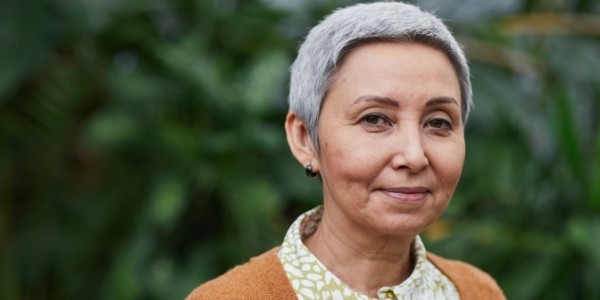 At the later stage of every woman’s life, we will go through menopause. During this phase of our life, the production of oestrogen and progesterone slows down. This causes the hair to thin down and hair growth slows down. At this stage of a woman’s life, hair colour, hair texture and hair thickness change. You can see more greying hair and bald spots become bigger.
As we grow older, whether we like it or not, our bodies change. From the external, like our skin and our hair, to the insides. This is a natural course of our life and we have nothing to do but embrace these changes gracefully. We cannot stop the process of aging. But we can slow it down by living a healthy lifestyle and by taking care of our bodies while we are still young. How aging affects our hair, skin and our body depends on how we live our lives and what we do to our bodies.
At the later stage of every woman’s life, we will go through menopause. During this phase of our life, the production of oestrogen and progesterone slows down. This causes the hair to thin down and hair growth slows down. At this stage of a woman’s life, hair colour, hair texture and hair thickness change. You can see more greying hair and bald spots become bigger.
As we grow older, whether we like it or not, our bodies change. From the external, like our skin and our hair, to the insides. This is a natural course of our life and we have nothing to do but embrace these changes gracefully. We cannot stop the process of aging. But we can slow it down by living a healthy lifestyle and by taking care of our bodies while we are still young. How aging affects our hair, skin and our body depends on how we live our lives and what we do to our bodies.
What to expect when your baby turns two or three?
 Most infants are born with very thin and soft hair strands. Some even don’t have any. But as years pass by, hair starts to grow and we see the changes. From thin and soft strands to full-on straight mane and even big curly hair. This is because as children grow, their hair follicles begin to thicken and have their own textures. Hair starts to take shape and get defined.
Most infants are born with very thin and soft hair strands. Some even don’t have any. But as years pass by, hair starts to grow and we see the changes. From thin and soft strands to full-on straight mane and even big curly hair. This is because as children grow, their hair follicles begin to thicken and have their own textures. Hair starts to take shape and get defined.
What happens to your hair when you reach adulthood?
 We all know that when we hit puberty, there are many changes that happen in our bodies. Hormonal changes, menstruation, body hair starts to appear, voices change and many other developments. We also develop muscles all over the body, even on our scalp. The muscle on our hair follicle also changes shape affecting our hair.
Our hair has main three phases: the anagen phase which is the hair growth period. This happens for about 2 to 8 years wherein the hair grows actively from the roots before it stops growing. Most of the hair that you see on your head is at this stage. The hair follicles continue to push out the hair that continues to grow until the end of its lifespan and it falls out. So if you are asking is it true that hair changes every 7 years? The answer is yes. For some, this phase of the cycle can only last for 5 years, depending on the health of the hair, genetics, age and other factors.
We all know that when we hit puberty, there are many changes that happen in our bodies. Hormonal changes, menstruation, body hair starts to appear, voices change and many other developments. We also develop muscles all over the body, even on our scalp. The muscle on our hair follicle also changes shape affecting our hair.
Our hair has main three phases: the anagen phase which is the hair growth period. This happens for about 2 to 8 years wherein the hair grows actively from the roots before it stops growing. Most of the hair that you see on your head is at this stage. The hair follicles continue to push out the hair that continues to grow until the end of its lifespan and it falls out. So if you are asking is it true that hair changes every 7 years? The answer is yes. For some, this phase of the cycle can only last for 5 years, depending on the health of the hair, genetics, age and other factors.
 The second phase is the catagen phase or the transition phase. This happens for about 2 to 3 weeks wherein the hair stops growing. The hair detaches itself from the hair follicles and the supply of blood is also cut, meaning the hair is not growing anymore.
The third phase is the telogen or the resting period. This is when the detached hair rests into the roots while waiting for the newly growing hair beneath it to push it out. This happens for about 3 months.
This whole cycle gets repeated throughout our lifespan. But for some people at a certain age, some hair follicles do not produce new hair. This creates a bald spot which is a sign of hair loss. This is another effect of aging on our hair.
As we get older, grey hair starts to appear. This can start happening in our early 30’s, but commonly around the age of 40. During this age, our hair follicles stop producing melanin, which is responsible for the pigment of our hair. This is also the time when our hair gets coarser due to the breaking down of Keratin on our hair. This is how your hair changes as you age and how to keep them healthy is a lifetime task.
The second phase is the catagen phase or the transition phase. This happens for about 2 to 3 weeks wherein the hair stops growing. The hair detaches itself from the hair follicles and the supply of blood is also cut, meaning the hair is not growing anymore.
The third phase is the telogen or the resting period. This is when the detached hair rests into the roots while waiting for the newly growing hair beneath it to push it out. This happens for about 3 months.
This whole cycle gets repeated throughout our lifespan. But for some people at a certain age, some hair follicles do not produce new hair. This creates a bald spot which is a sign of hair loss. This is another effect of aging on our hair.
As we get older, grey hair starts to appear. This can start happening in our early 30’s, but commonly around the age of 40. During this age, our hair follicles stop producing melanin, which is responsible for the pigment of our hair. This is also the time when our hair gets coarser due to the breaking down of Keratin on our hair. This is how your hair changes as you age and how to keep them healthy is a lifetime task.
What do you need to know about hair changes as you get older? Menopause
 At the later stage of every woman’s life, we will go through menopause. During this phase of our life, the production of oestrogen and progesterone slows down. This causes the hair to thin down and hair growth slows down. At this stage of a woman’s life, hair colour, hair texture and hair thickness change. You can see more greying hair and bald spots become bigger.
As we grow older, whether we like it or not, our bodies change. From the external, like our skin and our hair, to the insides. This is a natural course of our life and we have nothing to do but embrace these changes gracefully. We cannot stop the process of aging. But we can slow it down by living a healthy lifestyle and by taking care of our bodies while we are still young. How aging affects our hair, skin and our body depends on how we live our lives and what we do to our bodies.
At the later stage of every woman’s life, we will go through menopause. During this phase of our life, the production of oestrogen and progesterone slows down. This causes the hair to thin down and hair growth slows down. At this stage of a woman’s life, hair colour, hair texture and hair thickness change. You can see more greying hair and bald spots become bigger.
As we grow older, whether we like it or not, our bodies change. From the external, like our skin and our hair, to the insides. This is a natural course of our life and we have nothing to do but embrace these changes gracefully. We cannot stop the process of aging. But we can slow it down by living a healthy lifestyle and by taking care of our bodies while we are still young. How aging affects our hair, skin and our body depends on how we live our lives and what we do to our bodies.
© All Rights Reserved. Curl Hair Style 2024


